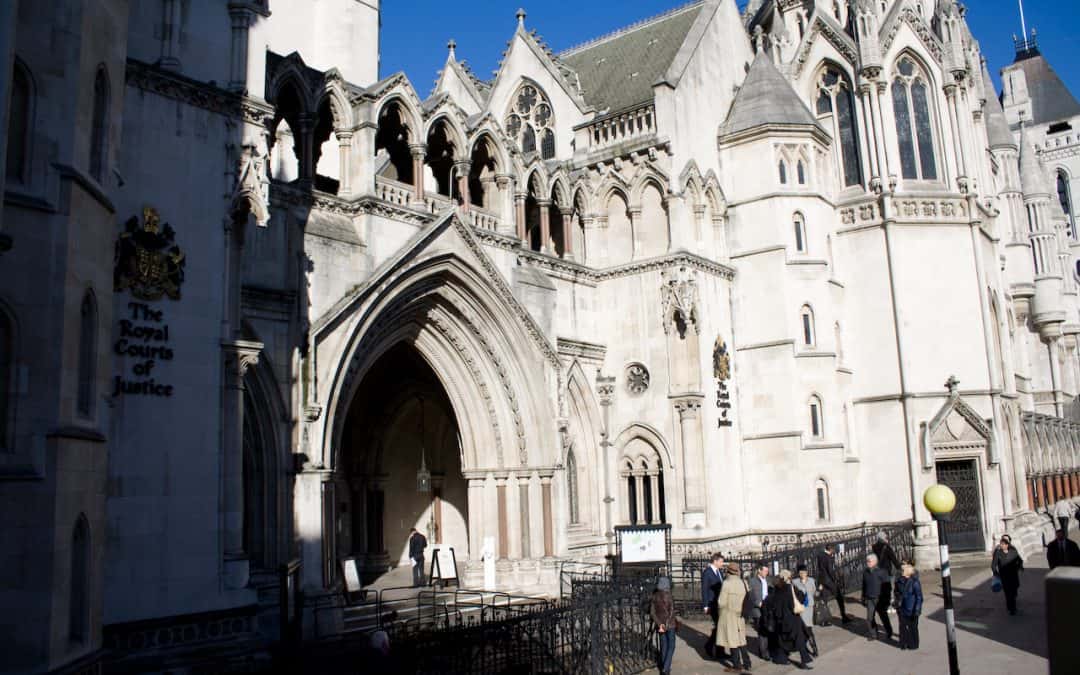The High Court is today dealing with a very sad and difficult case, involving the question of whether the life support for a 7 month old baby should be turned off. The doctors treating him think it is better for him if it is turned off, whilst his parents say it should not. They wish to take him to the USA for pioneering treatment in the hope that it will cure or alleviate his exceptionally rare condition.
Decisions of this sort are taken by High Court Judges, in this case Mr Justice Francis. Quite properly, as there are different views about what should be done, Great Ormond Street Hospital have brought the case to court to ask a judge to make the decision for Charlie. The key legal test is what is in the best interests of the child.
Readers may recall the case of Aysha King, where the parents of a very poorly child took their son abroad for treatment against the advice of medics. Although the matter came to court and the parents were briefly arrested, Aysha was ultimately permitted his treatment.
The hearing today is just a preliminary hearing, when decisions will be made on the future preparation and conduct of the case. It is reported that the child is stable and not in pain so it does not sound as if this is the sort of case where, as is sometimes necessary, a judge has to make a decision immediately.
One irony is that in bringing the matter to court, with all the consequential publicity that has now arisen, the hospital may have provided a platform that will assist the parents in reaching their £1.5m fundraising target, so that they can take Charlie abroad. And if the parents can show that it is possible to get Charlie to the States to at least try the new treatment, the court will have to seriously consider whether it is in his best interests to effectively prevent that. At the moment there is limited information available about why the hospital have reached the view they have, or about the treatment the parents propose, but more may emerge in due course.
The judge is sitting in open court (as is common in cases of life or death decisions), which means that anyone can attend and that the case can be fully reported. The court could have ordered that the child should remain anonymous but in circumstances where the child is very young and unconscious it is easy to see there could be no purpose for justification or that. So the child and his parents are named and photos of them all appear in the press. Journalists often say that a story is far better where the human interest is shown with names, and the fact that coverage includes both names and photos will no doubt be helpful to the parents in raising the funds that they so desperately need. They are a young couple and the photos are very touching and it would be hard not to feel great sympathy for them, as the Judge in the case has already said.
More unusually, the court has acceded to a request from the parents not to identify the hospital or doctors in the US where they want Charlie to be treated, to avoid any risk that the publicity will put them off.
At the time of writing the parents had raised £84,000 of the £1.2m needed.
Some press coverage can be found here :
BBC : Parents battle doctors to keep baby on life support
AOL : Judge’s Sympathy for parents amid High Court dispute over sick baby
This post is not intended to cover all the detail of the case or to tackle the legal issues fully. We will report further as more information becomes available.
Feature pic : RCJ courtesy of Juuso Herranen on flickr – thanks!

Trackbacks/Pingbacks